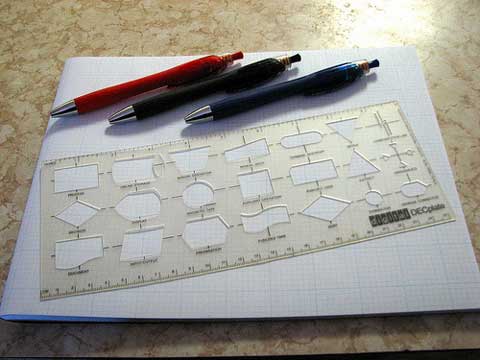You have just spotted a perfect vacancy
that you cannot wait to apply for? Or are you trying to polish your CV to send
a speculative application to your employer of choice? Whichever stage of job
hunting you are embarking on, your first concern is ensuring that your personal
advertisement i.e. CV stands out from the crowd at first glance. The following
five tips aim to help you do just that.
 |
| Source: http://www.youthedesigner.com/wp-content/uploads/2011/06/curriculum-vitae-resume-infographics-35-xl.jpg |
1. Don’t start writing your CV as a first step
Now if this is your first attempt
to writing up a CV, consider it a self-evaluating task. You only have 2 pages
to market yourself to the employers regardless of various work experiences you
have done, numerous projects you have involved in, and several skills you think
you possess. So it helps to list everything you perceive to be your
achievements, competencies, work experiences, volunteering roles,
extra-curricular activities, and education. Articulating all these facts about
yourself is a good start to thus put them into categories with priorities to
match the job specifications and personal specifications.
 |
| Source: http://coachpate.edublogs.org/files/2012/08/2012extracurricular-ogpjra.jpg |
2. Make layout work for you
Choosing a lively and logical
layout that makes the employer instantly picks out your CV is frequently
overlooked although a clear and concise impression of CV structure enables the
reader to better focus on your unique selling points. Make sure you highlight
headings and key words in text by using CAPITALs/bold type. As an example, if the essential skills needed for the
job are leadership and time management, it is better to list experiences that
you demonstrate these two qualities under two respective headings. Don’t go for
any font size smaller than 10.
 |
| Source: http://www.jobcred.com/blog/wp-content/uploads/2011/09/template-for-CV.jpg |
3. Have a general up-to-date CV for your own reference
Every time you complete a
training course, finish a volunteering project, or gain a new position in your
society/club, your CV deserves an update. This general version is for yourself
to keep track of your achievements especially when it comes towards the end of
university and you have forgotten that those activities you got involved in as
a fresher could boost your employability. Then tailor job-specific CVs
according to the position you are applying for from the general version.
4. Cover the universal areas
There are no absolute rules
regarding what your CV should contain but it is generally recognised that most
CVs tend to include (in no particular order):
·
Personal details
·
Education/qualifications
·
Work experience
·
Skills and qualities
·
Positions of
responsibility/achievements/interests
·
References
Don’t blabber on about mundane
tasks you do in a job but focus on your key achievements such as being a course
rep, you have managed to negotiate with the department for social sponsorship
and access to the answer of past papers.
5. Feedback, feedback, and feedback
Two heads are better than one –
this remains true for CV creation. Why not show your CV to someone else and see
if they can pick out all the points you want to convey? Whether it is your
university career adviser, tutor, or friend. In case the CV has not done its
job well to help you progress to the next application stage, constructive
feedback can still be actively sought from the employer instead of simply
accepting that they are too busy without trying.
 |
| Source: http://www.empirepopcorn.co.uk/media/wysiwyg/images/we-want-your-feedback.jpg |
















